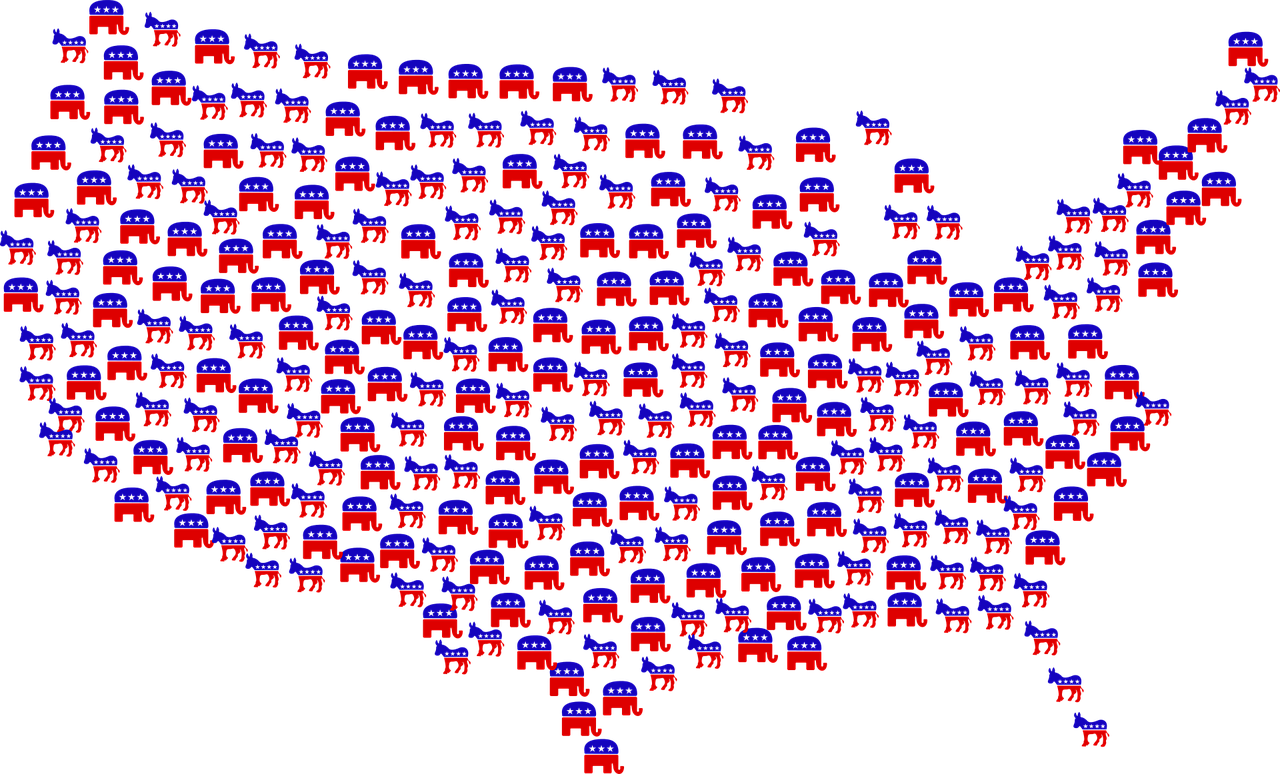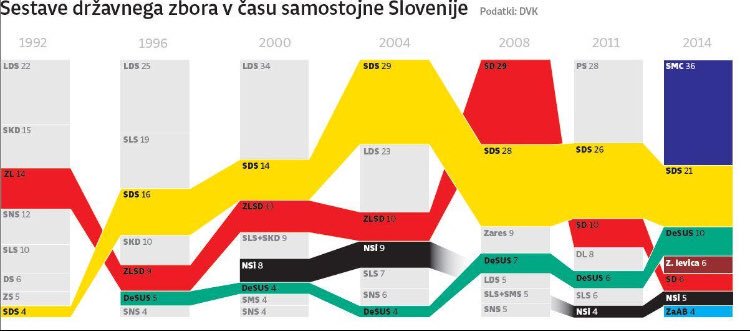Results 1992 Election
Posted By admin On 11/04/22The 1992 elections: state by state This report was written by James Bennet, James Dao, Clifford Krauss, Stephen Labaton, Neil A. Lewis, David Margolick and Maria Newman Nov. 1992 presidential election In 1992, Clinton defeated incumbent President George H.W. Bush for the United States presidency. Other candidates that appeared on the ballot received less than 0.1% of the vote. Presidential election saw Democratic Governor of Arkansas Bill Clinton defeat incumbent Republican President George H.W. Bush and independent Ross Perot. The election was notable for the presence of three major candidates as well as the centrality of economic issues to the campaign.
GHANAParliamentary Chamber: Parliament
ELECTIONS HELD IN 1992
<<< Return to the Historical Archive page of parliamentary election results for GHANA <<<
| Chamber: | |
| Parliament | |
| |
| 29 December 1992 | |
| |
| Elections were held for the new Parliament provided for in the April 1992 Constitution and as part of the programme to revert to civilian rule by 7 January 1993. The previous Parliament elected in June 1979 had been dissolved when the Provisional national Defence Council assumed office in 1981. | |
| |
| On 6 March 1992, Head of State Jerry Rawlings, who had been in power for the past 11 years, announced plans for a return to civilian rule by 7 January 1993. The process included a referendum on 28 April to adopt a new Constitution drafted by the Consultative Assembly, as well as a presidential election on 3 November and parliamentary polling on 8 December. President Rawlings also announced that the ban on party politics would be lifted on 18 May 1992. This programme was criticised by the opposition, which called for an immediate lifting of the ban so that they could openly and lawfully engage in party political activities. Its demand was rejected by President Rawlings. The parliamentary elections, the first in 13 years, were postponed first to 22 December and then by another week in order to allow more time for the nomination of candidates following the decision by four major opposition parties to boycott the poll. The elections were held at a time when the Ghanaian economy was picking up as a result of structural adjustment reforms implemented by the Rawlings régime. Financial stability had been achieved and fresh cash from external sources had been pumped into the economy, allowing for the renovation of roads and the introduction of water and electricity in the countryside. President Raylings’ policies had earned him accolades from the World Bank and other international financial institutions. On the political front, there was considerable unrest following the 3 November presidential election, which President Rawlings won with 59.3% of the votes in the first round. His main rival accused him of widespread rigging and irregularities and called for investigations into these alleged malpractices. International election monitors, however, held that the election had been largely free and fair, in spite of a number of administrative problems. A few small bombings occurred in Accra and Tema and these were attributed to the opposition parties. The four parties that had contested the presidential election (People’s National Convention, National Independence Party, People’s Heritage Party and New Patriotic Party) decided to boycott the legislative polling despite attempts by the Commonwealth observer group to persuade them otherwise. They alleged acts of intimidation and harassment of their members and supporters by the Government and complained of its refusal to revise voters’ registers. The National Democratic Congress (NDC – President Rawlings’ party), three pro-Rawlings parties and a dozen independents vied for the 200 seats to be filled. There were altogether some 440 candidates. Prior to the poll, President Rawlings formed an electoral alliance (the Progressive Alliance) with the National Convention Party (NCP) and the Every Ghanaian Living Everywhere (EGLE) group although each party fielded separate candidates in the various constituencies. Polling was low as a result of the boycott by the opposition coalition led by Mr. A. Boahen, who also contested the presidency. Official figures put turnout at 28% of the electorate. The NDC won an overwhelming majority of the seats (189) while eight went to the NCP and one to the EGLE. The two other seats were won by independent candidates. Following the poll, the four main political parties that had boycotted it announced that they recognised the various democratic institutions created under the new Constitution and were willing to take part in the political process outside Parliament. On 7 January 1993, President Rawlings was sworn into office, thereby inaugurating the Fourth Republic. Following parliamentary approval, President Rawlings’ new 35-member Cabinet (more that half of them members of parliament) was also sworn into office on 22 March. | |
Election Results 1992
 STATISTICS
STATISTICS| Round no 1 (29 December 1992): Elections results | |
| Number of registered electors | 7,336,846 |
| Voters* | 2,059,415 (28%) |

| Comments: | |
| * Excluding 23 constituencies where candidate elected unopposed. | |
| Round no 1: Distribution of seats | |
| Political Group | Total |
| National Democratic Congress (NDC) | 189 |
| National Convention Party (NCP) | 8 |
| Every Ghanaian Living Everywhere (EGLE) | 1 |
| Independents | 2 |
| Distribution of seats according to sex: | |
| Men: | 185 |
| Women: | 5 |
2000 Presidential Election
Copyright © 1992 Inter-Parliamentary Union

What States Did Bill Clinton Win
General elections had last taken place in December 1985, and were normally due five years later. However, on several occasions, polling was postponed and the National Assembly’s term extended due to complications in the compilation of a new electoral register. A new list was finally approved by the Elections Commission in August 1992. On 29 August, Parliament was dissolved and the polling date set.

The parliamentary elections were held simultaneously with those for President of the Republic and local organs. On these several levels, the ruling People’s National Congress (PNC), in power since 1964 and led by incumbent President Desmond Hoyte, was mainly opposed by the left-wing People’s Progressive Party (PPP) and its veteran leader Cheddi Jagan. As in the past, the socialist PNC was supported by citizens of African origin and the PPP by those of Asian (especially Indian) stock. Dr. Jagan, Prime Minister before independence was achieved in 1966, had abandoned his formerly Marxist theories and, in the economic sector, favoured some private enterprise, particularly in the country’s biggest mineral and energy industries; at the same time, his policies emphasized workers’ rights and the national interest. The PNC stood by its free-market reforms and privatisation programme in order to attract foreign investment, and its strategists stressed Mr. Hoyte’s leadership qualities.
Voting procedures were monitored by foreign observers, including a large Commonwealth team and one headed by former US President Jimmy Carter. Following a somewhat violent campaign, polling day itself was disrupted by incidents such as looting. The observers nevertheless characterized the process as “free and fair”, for the first time since independence. Final results gave the PPP the narrowest of victories, as it won 32 of the 65 seats to 31 for the PNC. Mr. Jagan, as the nominated candidate of the party receiving the most votes under the proportional representation system, was sworn in as President on 9 October and, the following day, he appointed Mr. Sam Hinds, an Afro-Guyanese industrialist who was not a member of the PPP, as Prime Minister. The formation of the Cabinet was completed on 15 October. The new Government stated that its priorities included addressing the problem of the country’s significant external debt, reducing the cost of living and improving social services.
Voter turnout was 80.39%